My Career as a Criminologist.
Word count: 2005
Choice count: 52
Section count: 35
Image count: 35
Error count: 7
Field Related Analysis
Education : 150 matches
(behavior, bilingual, certification, choice, classes, college, course, degree, detention, field, first, intelligence, knowledge, learn, learned, learning, level, master's degree, mentor, options, professor, project, research, school, skills, social, student, students, task, teach, teacher, term, trainee, training, transition, university)Law : 105 matches
(agency, book, case, code, community, courthouse, crime, crimes, criminal, criminology, cybercrime, detention, evidence, family, financial, force, government, judgment, justice, law, lawyer, local, master, minor, month, notice, offender, offer, office, opinion, policy, portion, reform, rehabilitation)Sociology : 61 matches
(agency, analysis, community, crime, criminology, delinquency, difference, fieldwork, group, intelligence, justice, psychology, role, school, small, social science, systems)Target Structure: (22 matches)
drawback (1 match)
foot in the door (3 matches)
getting sucked up in (3 matches)
ins-and-outs (1 match)
intern (6 matches)
internship (13 matches)
invaluable (1 match)
learn the ropes (2 matches)
more often (1 match)
office politics (5 matches)
ojt (1 match)
pension (2 matches)
pensions (1 match)
retirement (5 matches)
set aside (3 matches)
more often than not (1 match)
trainee (2 matches)
trainees (3 matches)
undermine (2 matches)
vacant position (2 matches)
wage (4 matches)
withholding (3 matches)
My Career as a Criminologist.
Start at the beginning.
I am studying Social Science at Ahuntsic College. I'm in my last year of studying at Ahuntsic College, but I'm not sure if I want to study Criminology at the University of Ottawa or at the University of Montreal.
Choice 1 : Go to the University of Ottawa.
Choice 2 : Go to the University of Montreal.
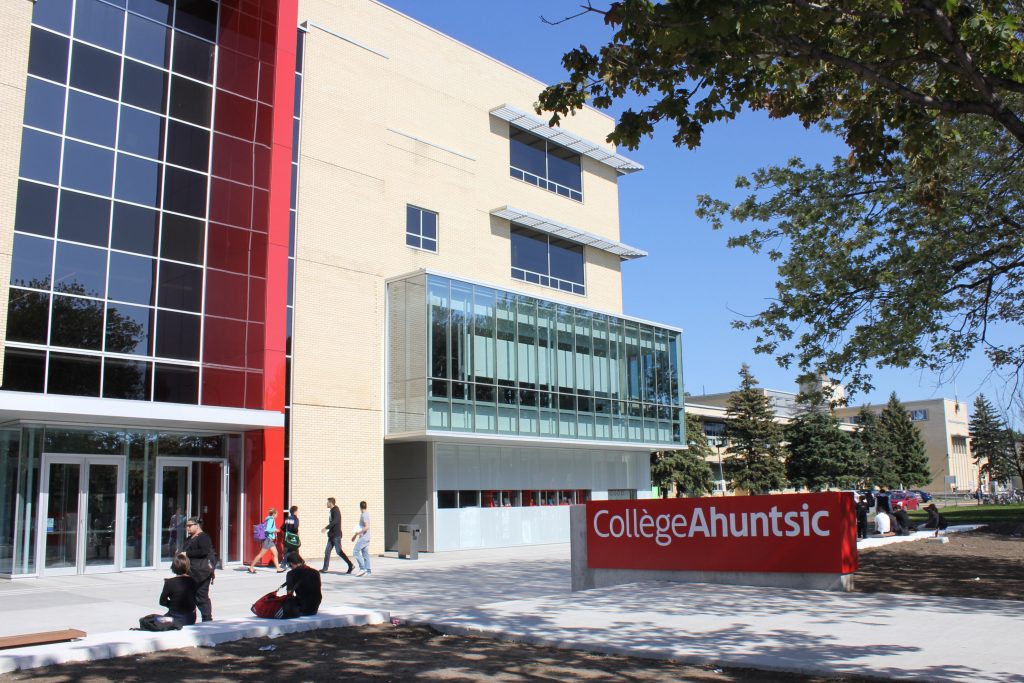
Go to the University of Ottawa.
I chose the University of Ottawa for its strong criminology program and bilingual environment. The transition was challenging at first, but I quickly adapted. I met people from diverse backgrounds, and I began to understand the ins-and-out of the Canadian justice system through new lenses. Now it's time to pick a specialization.
Choice 1 : Specialize in Criminal Behavior.
Choice 2 : Specialize in Law and Justice.

Specialize in Criminal Behavior.
I found Criminal Behavior fascinating. Understanding the psychology behind crimes, patterns, and motives. I got the chance to assist a professor with research on youth delinquency. More often than not, it felt like real detective work.
Choice 1 : Apply for a summer internship at a youth detention center.
Choice 2 : Join a student criminology research group.

Apply for a summer internship at a youth detention center.
The internship was eye-opening. I worked closely with troubled youth, helping run workshops on rehabilitation and life skills. It was tough emotionally, but it gave me a foot in the door to criminal justice field.
Choice 1 : Decide to pursue a master's degree focused on juvenile justice.
Choice 2 : Apply for another internship in forensic criminology.
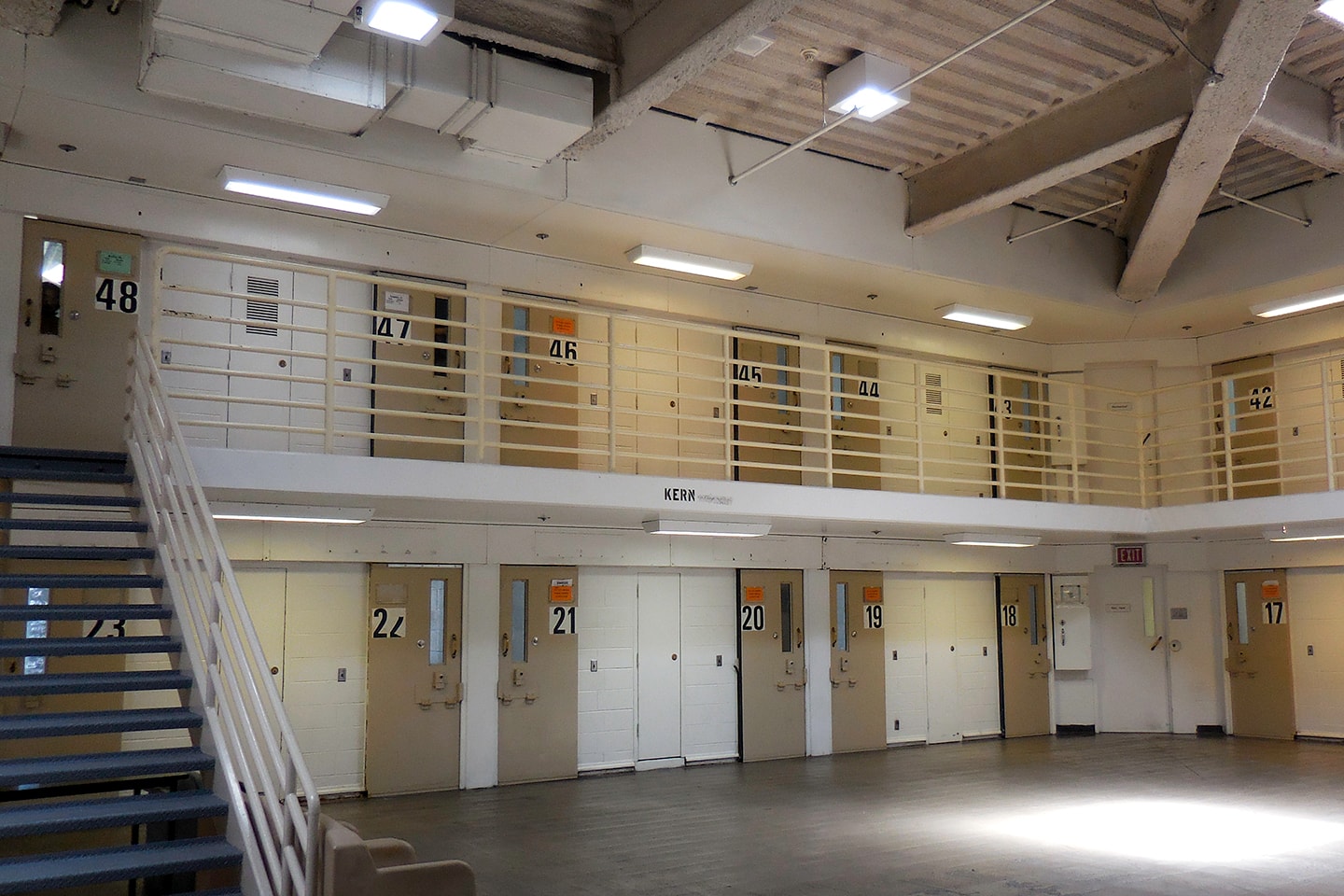
Apply for another internship in forensic criminology.
This internship took me into crime labs and police departments. I got to shadow a forensic psychologist, and I get to help code data for serial offender case. I was officially listed as an intern, and while the wage wasn't much, the experience was invaluable.
Choice 1 : Realize I want to work with law enforcement.
Choice 2 : Feel more drawn to policy and systemic reform.
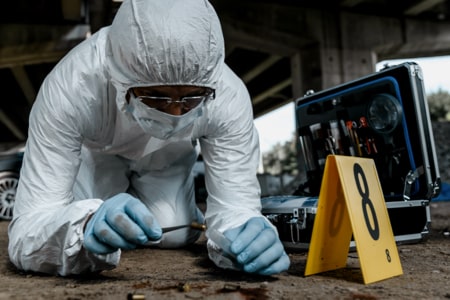
Realize I want to work with law enforcement.
I began preparing for a career with a federal agency. I attended workshops, completed OJT simulations, and networked with professionals in the field. I even landed a trainee with the RCMP, which helped learn the ropes of fieldwork.
Choice 1 : Apply for an RCMP intelligence analyst position.
Choice 2 : Take a course on criminal profiling and behavioral analysis.

Take a course on criminal profiling and behavioral analysis.
The course blew my mind. Understanding how profilers build psychological portraits of criminal was like detective work for the mind. Some warned me about getting sucked up in the intensity of this field, but I felt driven.
Choice 1 : Pursue certification in criminal profiling.
Choice 2 : Decide to become a forensic psychologist.
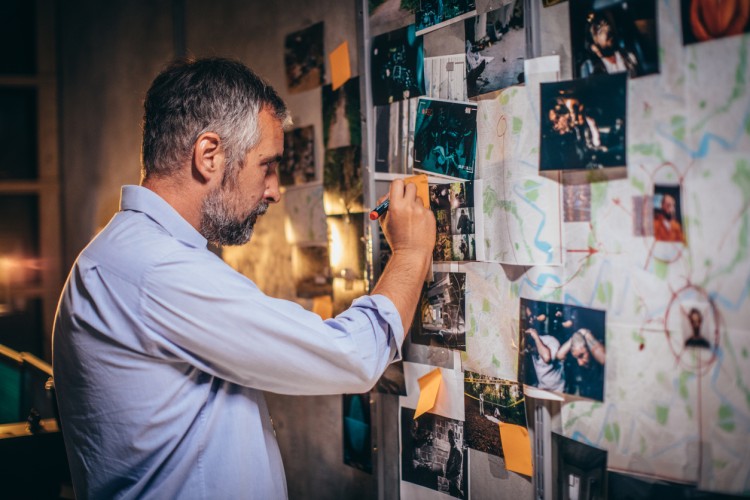
Pursue certification in criminal profiling.
It took time, but I completed the required training and certification. I began consulting on minor cases for local law enforcement. There was a lot of office politics, and I learned to navigate it carefully. One wrong move can undermine my credibility.
Choice 1 : Join a task force on serial crimes.
Choice 2 : Teach a university workshop on criminal behavior.
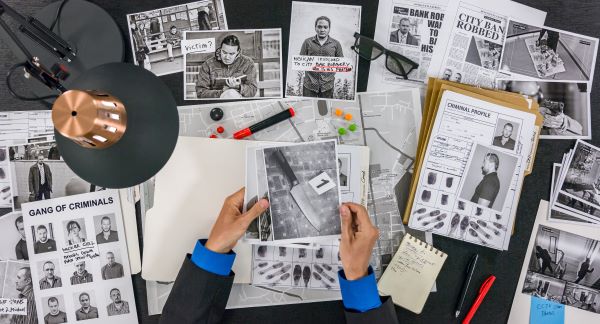
Join a task force on serial crimes.
A vacant position opened, and because of my experience and qualifications, I was recommended for the role. I took it. The cases were dark and heavy, but I knew I was making a difference. I started thinking long term on how to build a life and a career around this work.
Choice 1 : Start planning for retirement early.
Choice 2 : Take time to mentor new trainees.
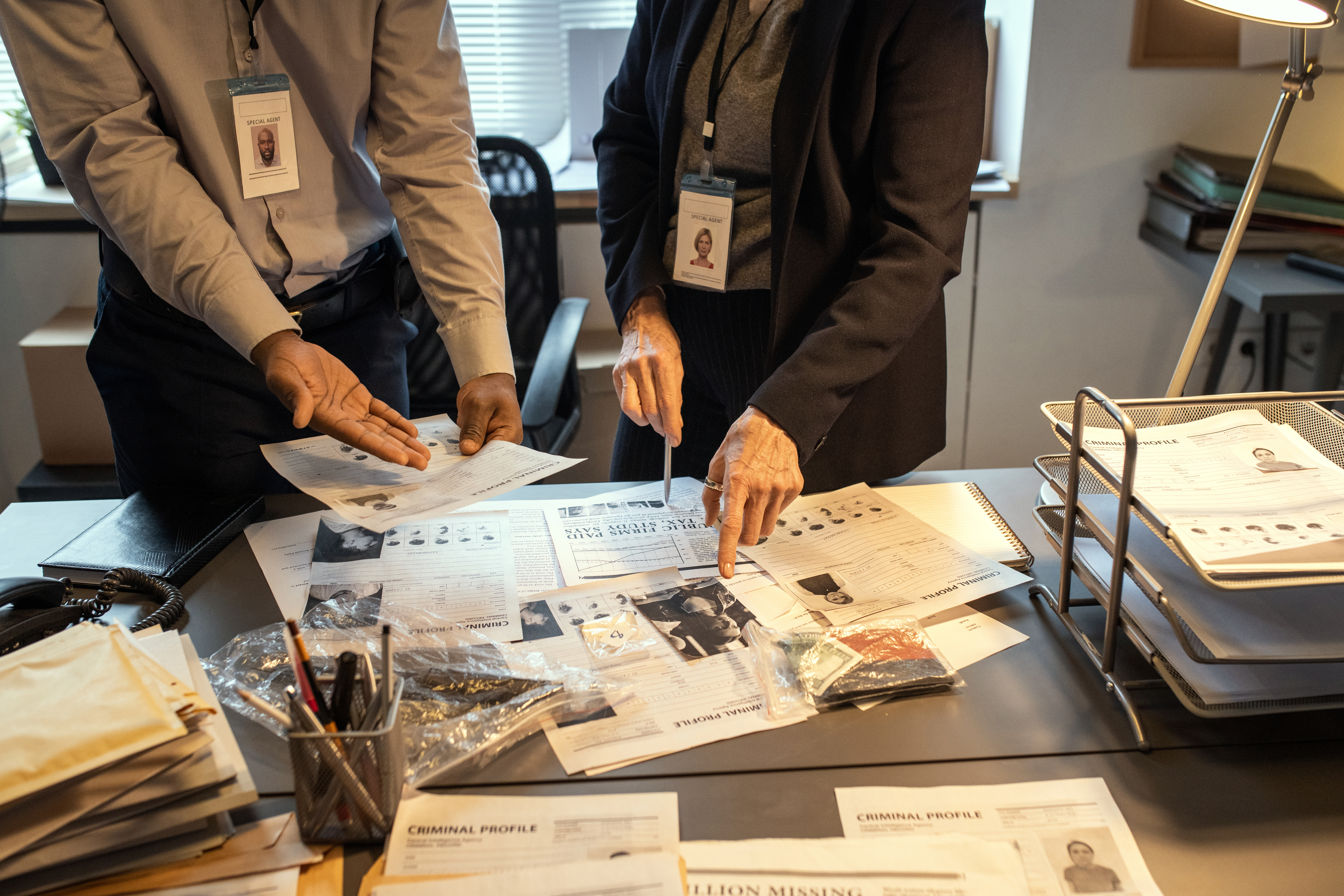
Start planning for retirement early.
I met with a financial advisor who helped me set aside a portion of my salary each month. We discussed pension options and withholding plans. It felt early, but it gave me peace of mind knowing that retirement would be on solid ground.
Choice 1 : Start at the beginning.

Specialize in Law and Justice.
I chose to focus on Law and Justice. The legal system was complex, but fascinating. I spent time learning how laws are created and how trials work. One professor helped me find an internship at a courthouse. There, I learn about withholding evidence and how it affects justice.
Choice 1 : Start at the beginning.

Join a student criminology research group.
I joined a research group that focused on prison systems. We visited jails and interviewed inmates. The team was small, and I quickly became a leader. Later, a professor offered me an on-the-job training opportunity through a community justice program,.
Choice 1 : Start at the beginning.

Decide to pursue a master's degree focused on juvenile justice.
I applied for a master's program in juvenile justice. I wanted to understand how to help young offenders and change their lives. During the program, I got a paid internship at a youth rehabilitation center. I had to stay professional and avoid getting sucked up in their personal stories.
Choice 1 : Start at the beginning.
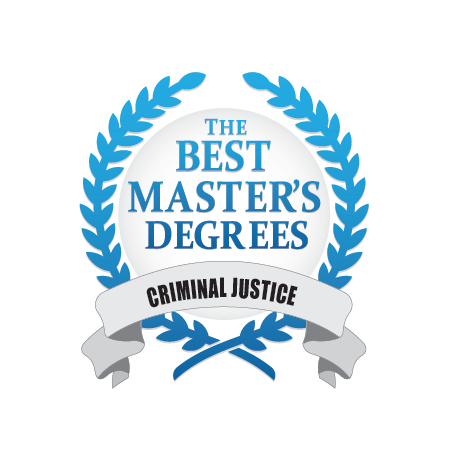
Feel more drawn to policy and systemic reform.
I realized I wanted to change the system, not just work in it. I started to studying government policy and working with a community group. I learned how office politics can undermind good ideas if I'm not careful.
Choice 1 : Start at the beginning.
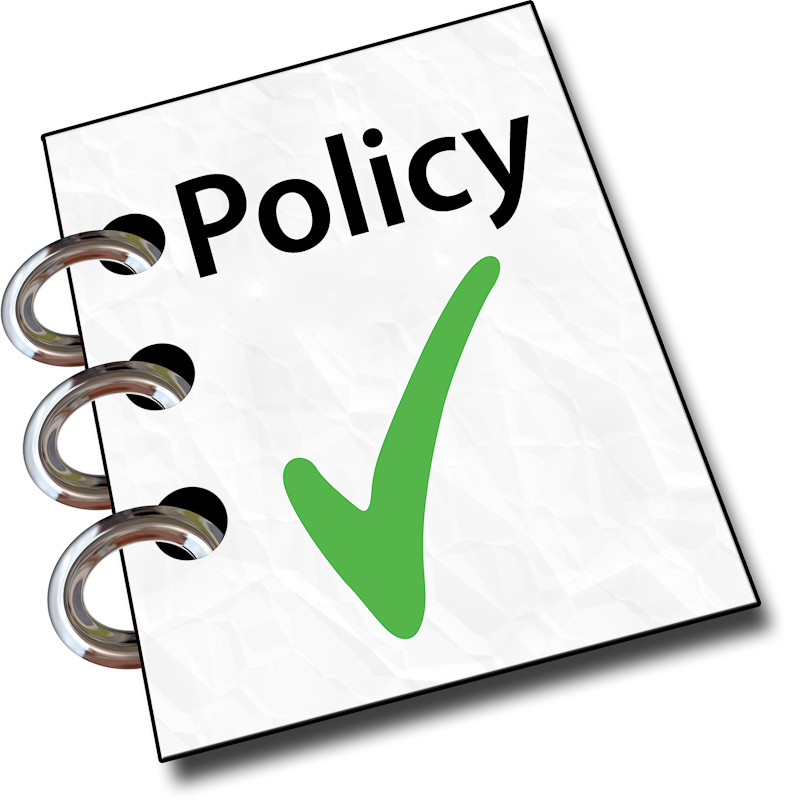
Apply for an RCMP intelligence analyst position.
I applied and got accepted as a junior analyst. At first, I was a trainee learning how to read and organize data. I had to learn the ropes quickly, but I liked the work.
Choice 1 : Start at the beginning.

Decide to become a forensic psychologist.
I shifted focus and started studying psychology full-time. It was hard to switch fields, but I completed the program and did an internship at a mental health hospital. I studied how trauma can lead to crime.
Choice 1 : Start at the beginning.

Teach a university workshop on criminal behavior.
I accepted an offer to teach a workshop for undergraduates. It wasn't full-time, but it paid a fair wage and gave me time to focus on other projects. I used my own experience as a former intern to inspire students.
Choice 1 : Start at the beginning.
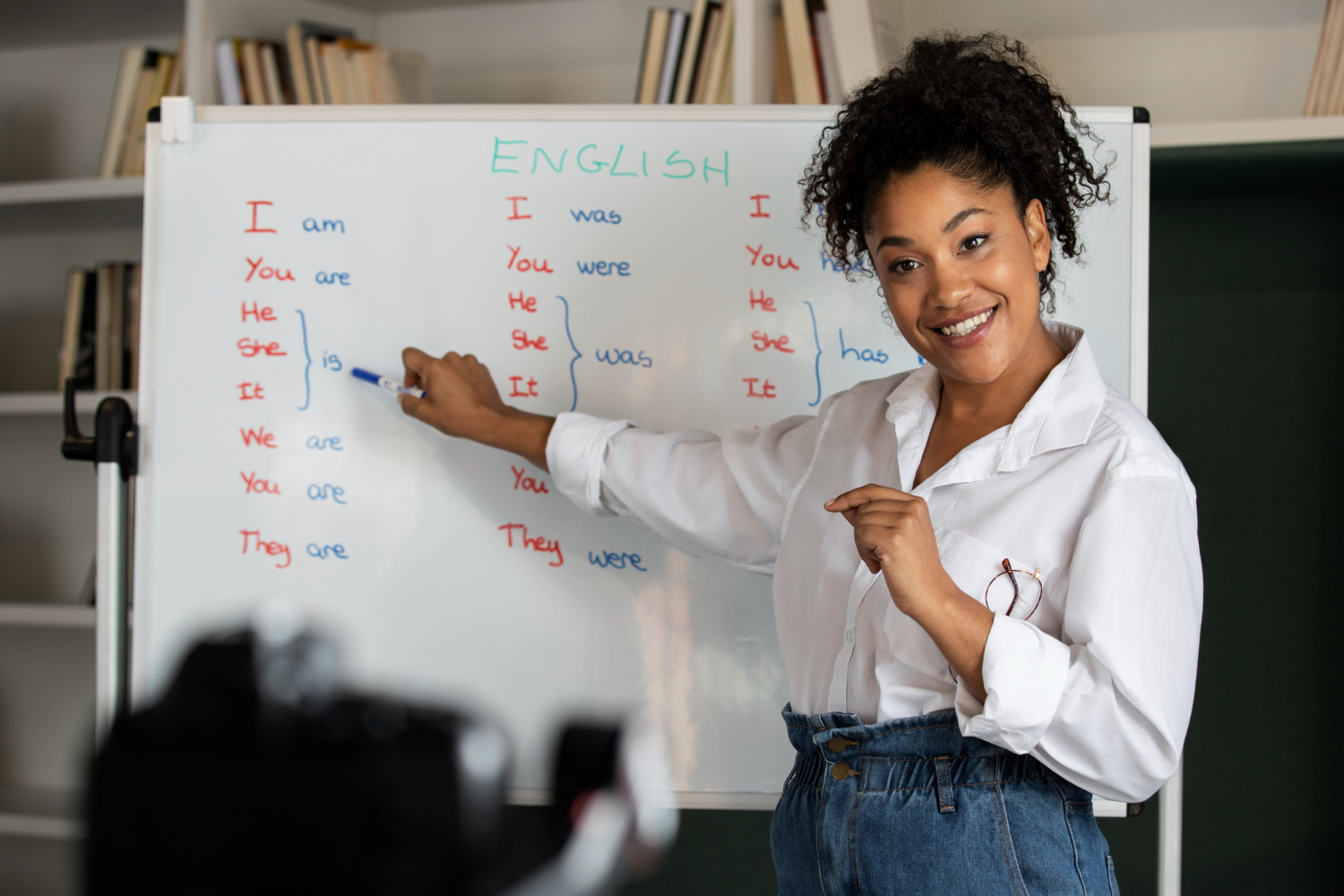
Take time to mentor new trainees.
I began mentoring new employees and trainees in my office. I explained how to manage stress, how to ask questions, and how to deal with office politics. I told them to always set aside for themselves.
Choice 1 : Start at the beginning.

Go to the University of Montreal.
I picked the University of Montreal because of its great criminology program. At first, I missed home, which was a small drawback, but I got used to city life. My classes were interesting, I enjoyed meeting new people.
Choice 1 : Join a criminology study group.
Choice 2 : Apply for an internship at a non-profit.
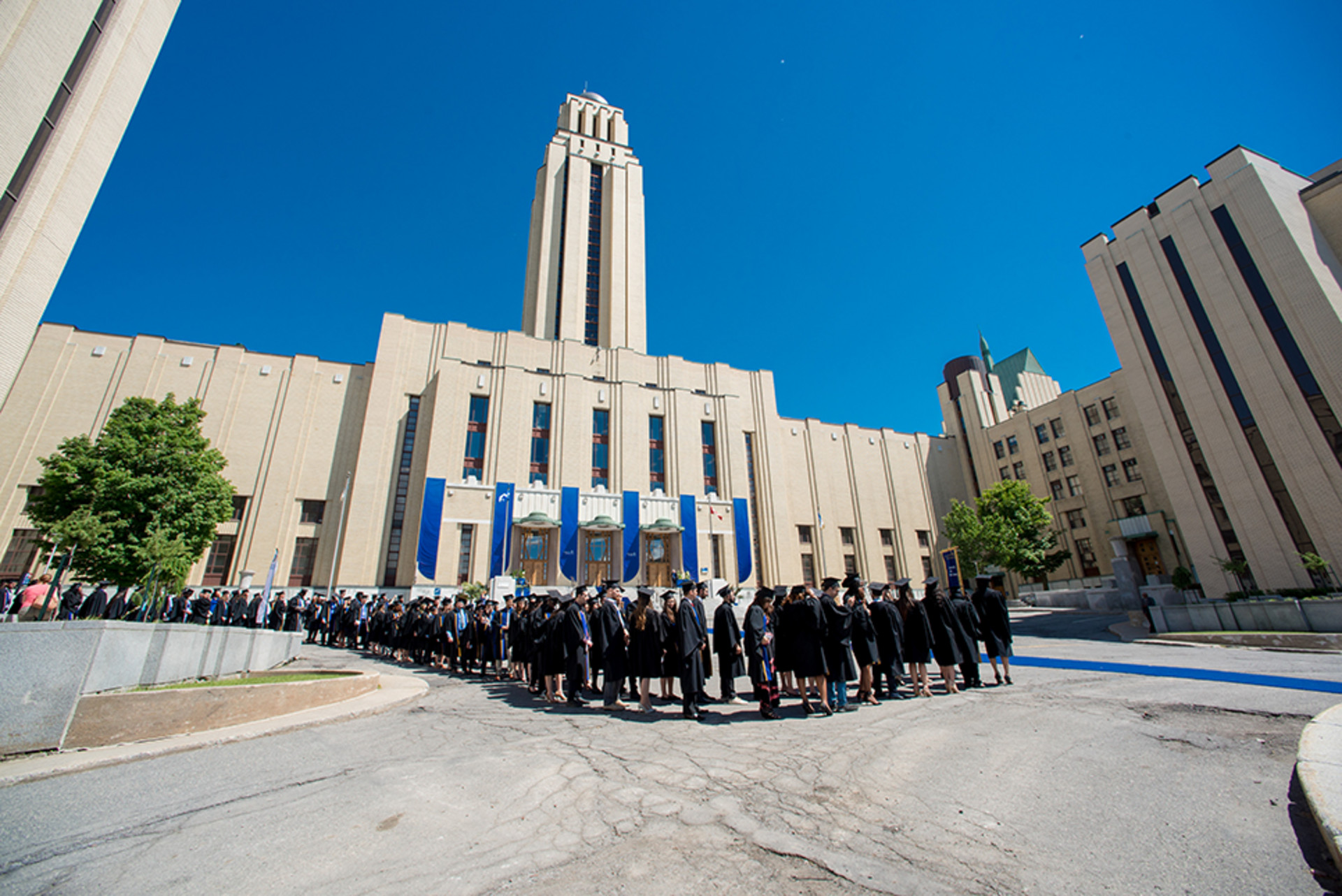
Apply for an internship at a non-profit.
The internship helped people who were in trouble with the law. As an intern, I worked on real cases and learn about how communities can help stop crime. It was a great on-the-job training, and it gave me a foot in the door for future jobs.
Choice 1 : Keep working there part-time.
Choice 2 : Apply for a job in government.

Apply for a job in government.
I saw a vacant position in the justice department and applied. The wage was low at first, but I was happy just to get in. I also started to set aside money each month to save for later. The job included a pension, which will help at retirement.
Choice 1 : Stay and learn more about the system.
Choice 2 : Go back to school for a master's degree.
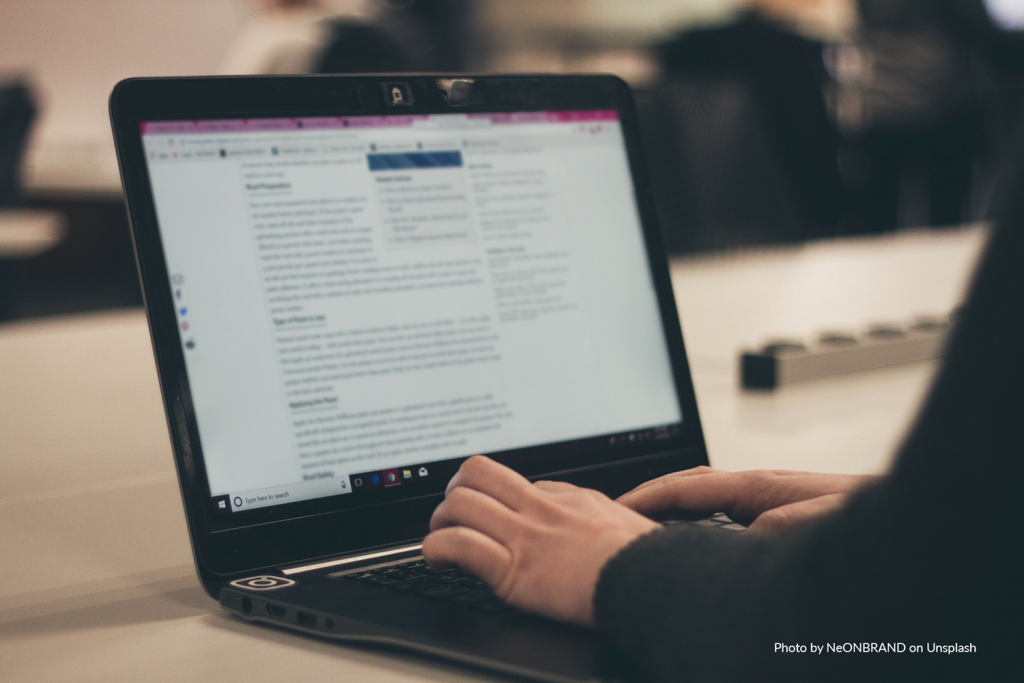
Stay and learn more about the system.
I stayed in the job and started learning the ins-and-outs of how laws are made and changed. I was learning a lot even if it were hard.
Choice 1 : Help write new laws about youth crime.
Choice 2 : Move to a different department.

Help write new laws about youth crime.
I worked with a team that wanted to improve the way the system treats young people. Some coworkers didn't agree with my ideas and tried to undermine my work. But I stayed calm and kept doing my best.
Choice 1 : Speak up in meetings.
Choice 2 : Let my work speak for itself.

Let my work speak for itself.
In the end, my ideas were approved. People started to notice me, and I got invited to lead a project. But I had to be careful because there was a lot of office politics, and not everyone was friendly.
Choice 1 : Lead a new team.
Choice 2 : Take a break and think about my future.

Lead a new team.
I led a group to help improve prisons. The work was hard, and I felt myself getting sucked up in the stress. Still, I knew I was helping people.
Choice 1 : Take a break.
Choice 2 : Keep going and get a promotion.

Keep going and get a promotion.
I got promoted and was asked to train new workers. I told them how I started as an intern and worked my way up. I explained the importance of withholding judgment, listening to others, and never give up.
Choice 1 : Write a book.
Choice 2 : Become a professor.

Become a professor.
I returned to the University of Montreal as a teacher. I helped students see how criminology works in the real world. I told how have been a young intern and how far I had come.
Choice 1 : Start at the beginning.

Join a criminology study group.
I joined a criminology study group where we met each week to talk about crime cases and new research. We helped each other study and sometimes invited guest speakers. One of them was a lawyer who later offered me an internship at her law office. That gave me a foot in the door to legal criminology.
Choice 1 : Start at the beginning.

Keep working there part-time.
I stayed at the non-profit as a part-time intern while finishing school. It was hard to balance everything, and I wasn't paid much. Eventually, they offered me a small job with a better wage, and I felt proud.
Choice 1 : Start at the beginning.
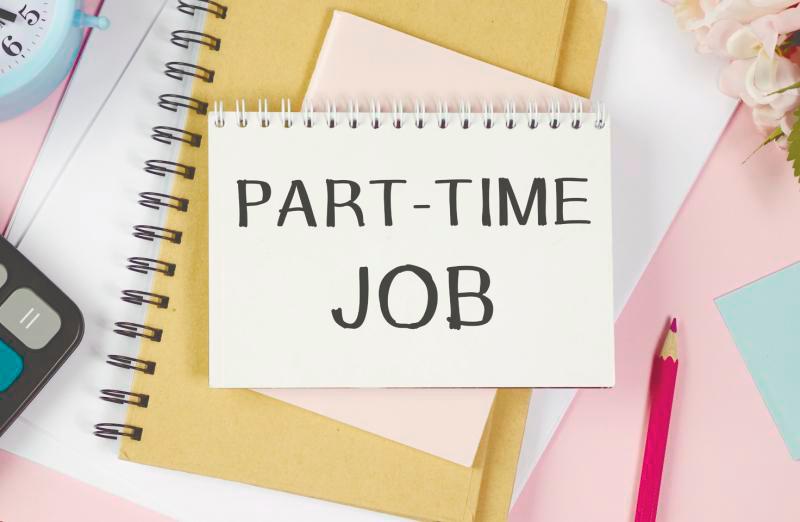
Go back to school for a master's degree.
I returned to university to study criminology at a higher level. The classes were harder, but I was motivated.
Choice 1 : Start at the beginning.

Move to a different department.
I transferred to the cybercrime department. The work was more technical, but I got to learn the repose from professionals.
Choice 1 : Start at the beginning.

Speak up in meetings.
I decided to speak up during a big team meeting about a new youth justice plan. It was scary, but people rejected my opinion. My boss noticed me and later asked me to take the lead on another project.
Choice 1 : Start at the beginning.

Take a break and think about my future.
I took a few months off to think. I realized I was tired and missing my family. I applied for a teacher job at a local college where I could still use my criminology knowledge.
Choice 1 : Start at the beginning.

Take a break.
The stress was too much. I was feeling burned out after being sucked up in big projects. I took a break and went to therapy. I later return to work part-time with better boundaries.
Choice 1 : Start at the beginning.

Write a book.
I wrote a book about everything I had learned. I wrote on how office politics, stress and hard choices shaped my work. I talked about saving money early, pensions, and what retirement can look like for public workers.
Choice 1 : Start at the beginning.
